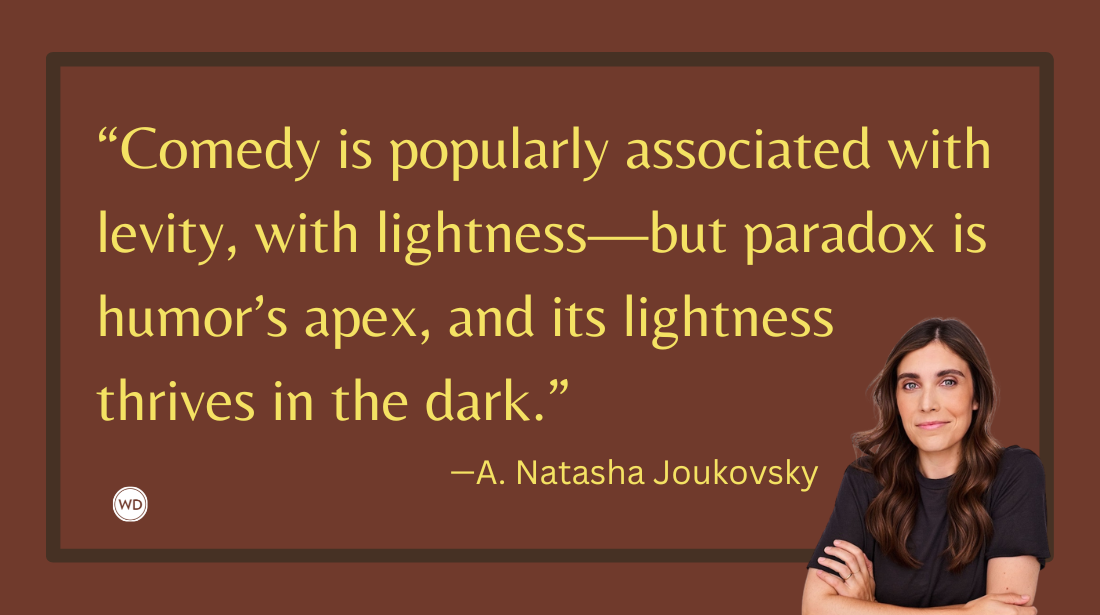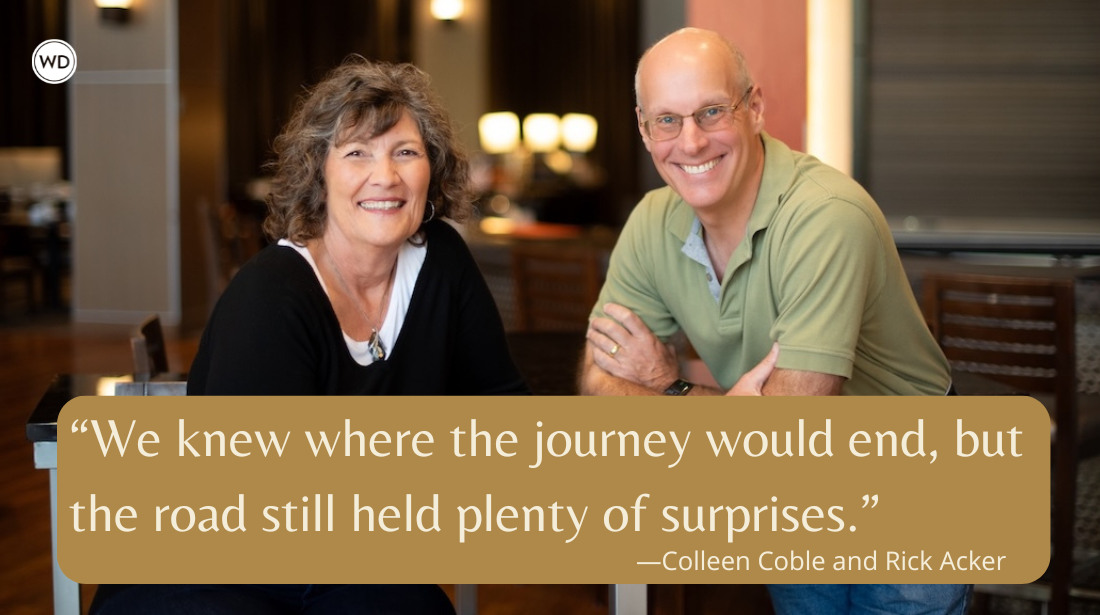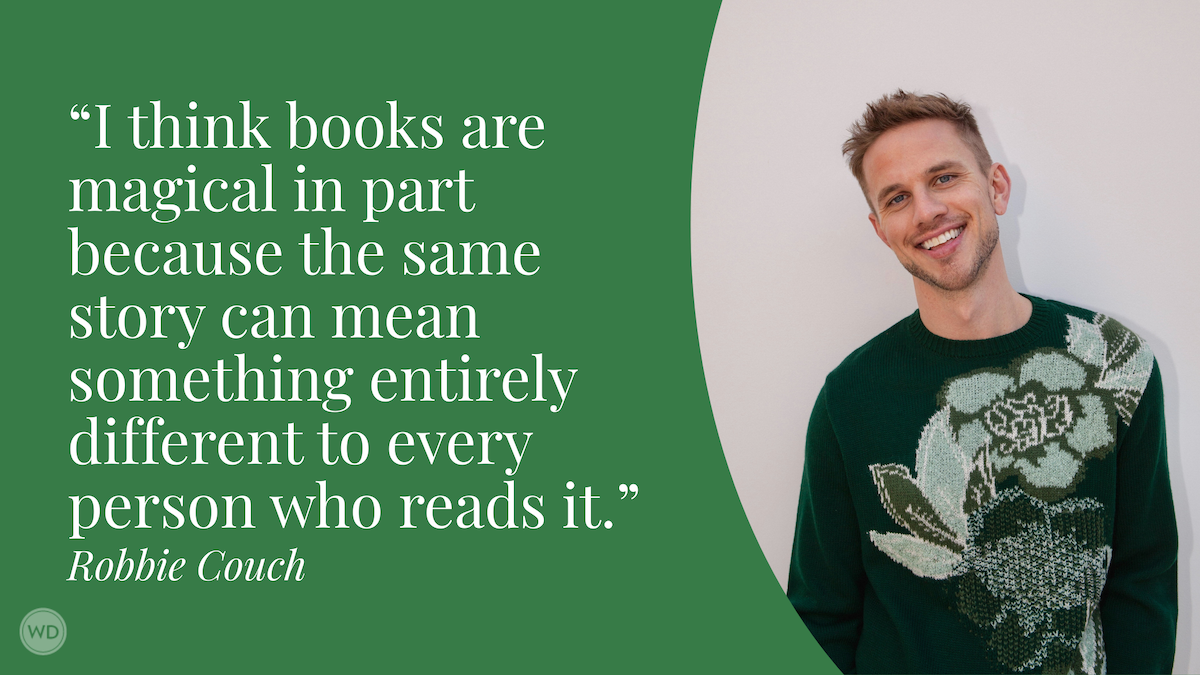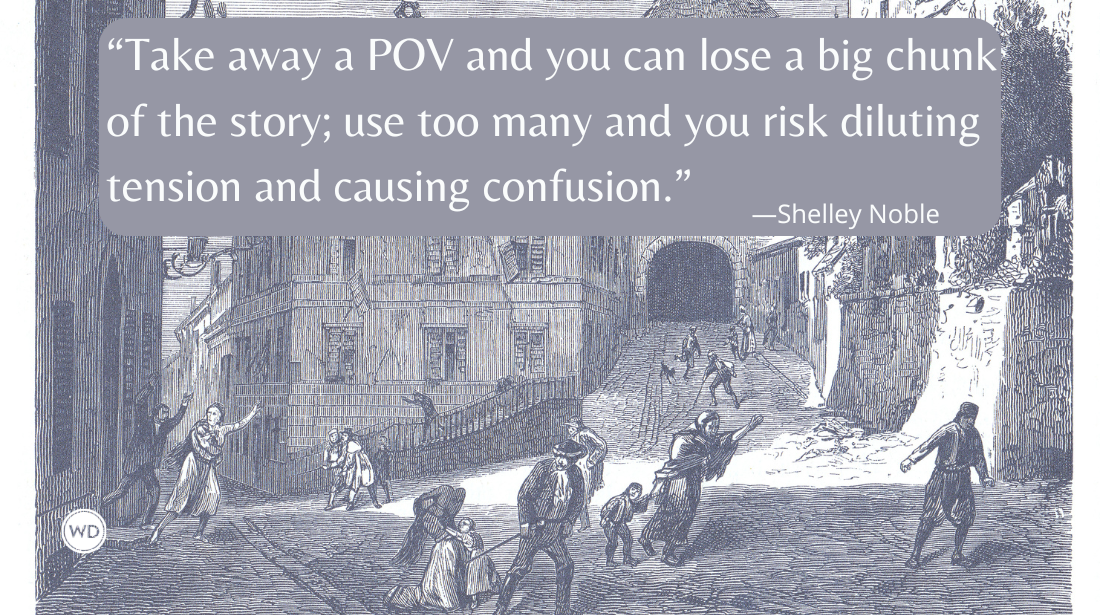Stuart Pennebaker: On the Group Project of Publishing a Book
In this interview, author Stuart Pennebaker discusses the grief at the center of her new literary novel, Ghost Fish.
Stuart Pennebaker (she/her) is a writer and former bookseller raised in South Carolina. She now lives in the East Village where she works and teaches for Gotham Writers Workshop. Follow her on Instagram.
In this interview, Stuart discusses the grief at the center of her new literary novel, Ghost Fish, her advice for other writers, and more.
Name: Stuart Pennebaker
Literary agent: Christopher Combemale
Book title: Ghost Fish
Publisher: Little, Brown
Release date: August 5, 2025
Genre/category: Literary fiction
Elevator pitch: A young woman who’s recently moved to NYC finds herself haunted by her sister, who’s taken the form of a fish.
What prompted you to write this book?
I never quite know how to answer this question. A lifetime of being utterly obsessed with books? A draft of a completely different novel that wasn’t quite working? A move to New York? A desire to write about loneliness that felt impossible to shake? Many boring (and not-boring) shifts at many different restaurants? A line from As I Lay Dying? A crush on a bartender that took me by surprise? Is that OK to say?
How long did it take to go from idea to publication? And did the idea change during the process?
The novel was originally focused on the restaurant and Alison’s experience working there, but that changed when I realized why she had moved to the city in the first place, how desperately Alison needed to reckon with the grief of losing her family. I had the idea and finished the first draft relatively quickly, in the spring and summer of 2021, but had no idea how challenging I’d find the revision process. I am not a writer who outlines anything, so my first drafts are always very messy and in need of an immense amount of work. The cast of characters and central idea didn’t change so much but we’ve tried out many different sequences of events—beginnings are hard!—and I think the story now reflects more truly what I wanted to get across with Alison’s tendency to move inward and the people who are able to pull her into the realm of the living.
Were there any surprises or learning moments in the publishing process for this title?
I learned that there is a difference between the story one scribbles in notebooks and on computer screens and the product of a book. Writing the first draft of this story was a surreal, heady, singular experience; the book took lots of revising and many very, very smart people to make. I’m so grateful for all the perfect angels that work in publishing: from my agent to my editor to the publicity and marketing team at Little, Brown, and Grace Han, the artist who designed the extraordinary cover. Ghost Fish is a group project; I was and continue to be delighted by how many amazing people were willing to be on its team.
Were there any surprises in the writing process for this book?
I never in a million years could have guessed that my first book would be a ghost story. The sister-as-ghost-fish appeared out of what felt like nowhere, as ghosts tend to do.
What do you hope readers will get out of your book?
I do think this story is a summer book. It’s slim, water-resistant, somewhat oceanic, and I hope it’s one people are able to consume in as few sittings as possible, ideally adjacent to a body of water. I recently devoured Deep Cuts by Holly Brickley in such a way that I was completely immersed and the world almost looked like a different color once I came up for air—I’d be ecstatic if I could create that feeling for another person.
My secret hope is that it makes anyone who feels alone less so, or at least less lonely in their aloneness.
If you could share one piece of advice with other writers, what would it be?
Oh, I don’t know, I still sort of feel like I’m starting from scratch every time I sit down to write! I guess I wish someone had implored me not to overthink every little thing. You can’t make anything out of a draft that doesn’t exist. But now that I’m thinking about it, I’m sure someone did tell me this and I ignored it for the circus of neuroses inside of my head. Try to make a smart and generous writer friend or two, if you can. That certainly helps.









